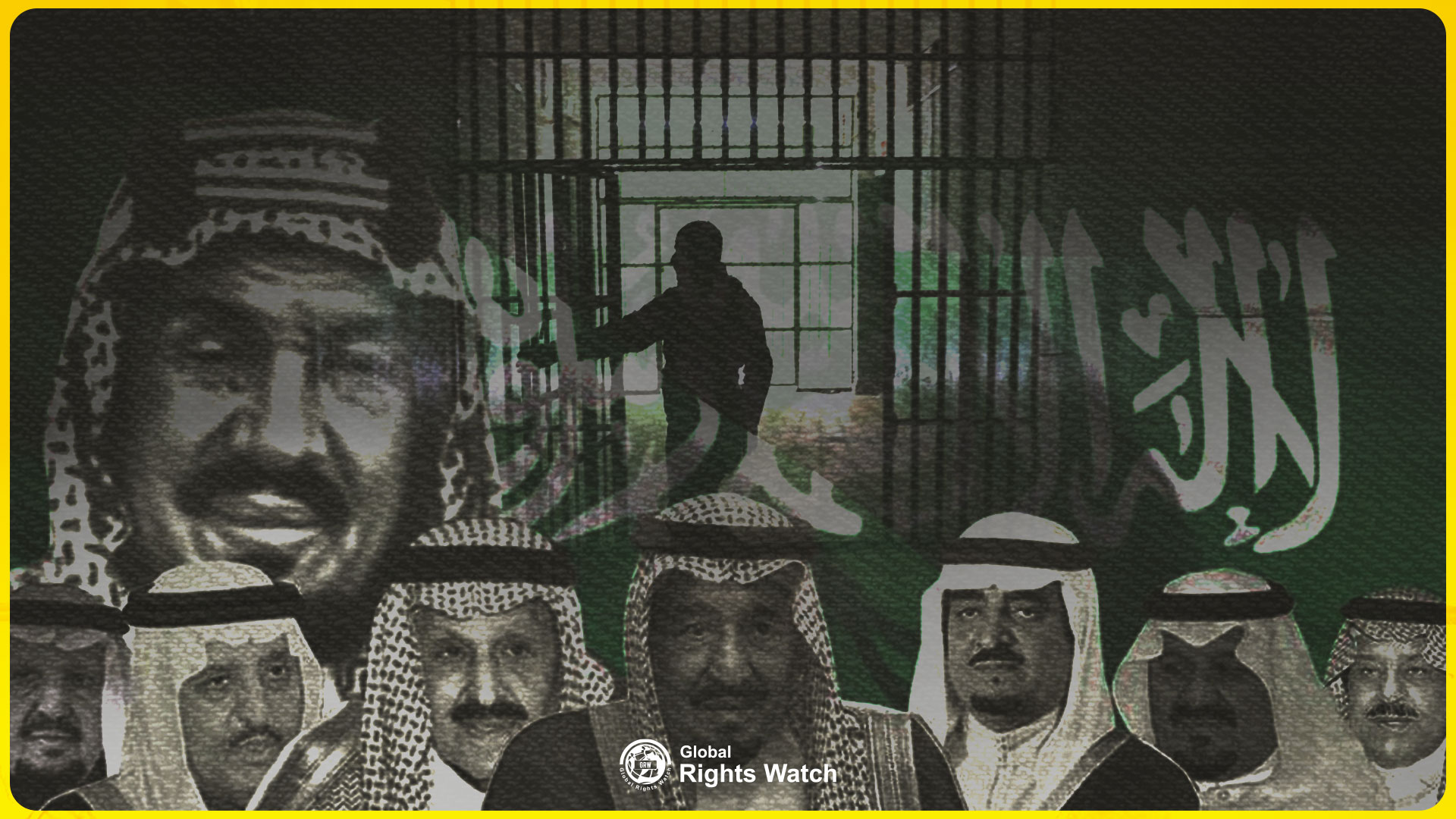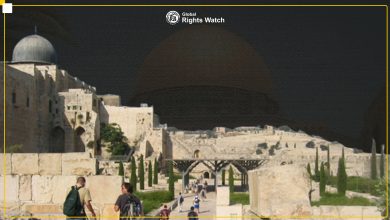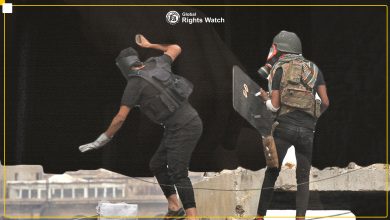The Family State in Saudi Arabia and its Impact on Human Rights
Since its establishment as a state, Saudi Arabia has been based on one family, the Al Saud family, whose members number more than seven thousand, distributed throughout the country’s regions.
The ruling has been restricted to this family only, as the Saudi citizen does not have the right to vote, elect or enact local laws. The Saudi citizen only receives orders and decisions issued from these family meetings.
Although Saudi Arabia has over 27 million citizens (until mid-June 2021), but this number of citizens are treated as subjects without political or civil rights.
The Saudi state is run through a family council that sets public policies with the help of Western consultants. Through this council, the king, the emirs of regions, and those who manage the sovereign ministries are chosen, in addition to approving public policies. The role of the ministries is limited to implementing what is nominated for this council.
Kingdom of Silence
Like other kingdoms and emirates of the Arab Gulf, Saudi Arabia is described as the Kingdom of Silence, as no one is allowed to talk about political and civil rights or they would be threatened of murder, torture, and enforced disappearance. For this reason, citizens have given up talking about these issues, as there are thousands of citizens who have been killed or imprisoned since the founding of the state and no one could talk about them.
In the absence of a real legal system, a citizen may find himself under the death penalty or life imprisonment just for posting on Twitter, Facebook, or other social media, as happened recently during the reign of King Salman and Crown Prince Mohammed bin Salman, and a famous example is journalist Jamal Khashoggi, who was murdered in a gruesome way in the Saudi Consulate in Istanbul, and the preacher Salman Al-Ouda, who is facing a death sentence for just tweeting for reform and good governance.
The blindness of the International Community
Despite the lack of rights and the flagrant violations, the international community turns a blind eye to these actions, and even offers protection, as happened with Prince Mohammed bin Salman following the murder of Khashoggi. The United States played a major role in blurring the facts and not internationalizing the case, as it refused to publish the report on the case to the public.
The pattern of rule in the Kingdom of Saudi Arabia by one family without giving real and tangible rights to citizens will bring cause more tension to the Saudi street and will increase the violations of human rights in light of the absence of accountability as all institutions are controlled by them, which allows them to escape punishment.






